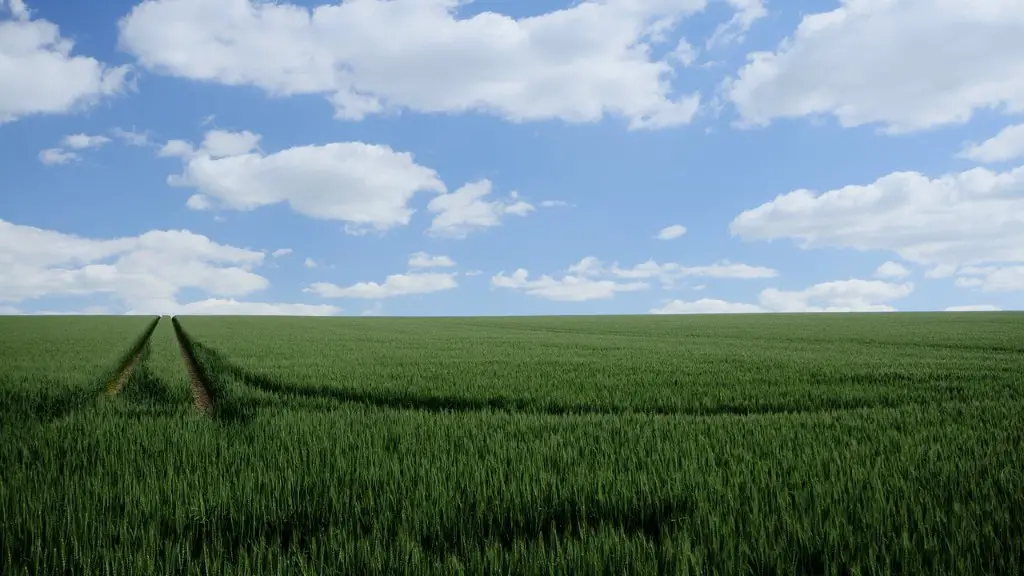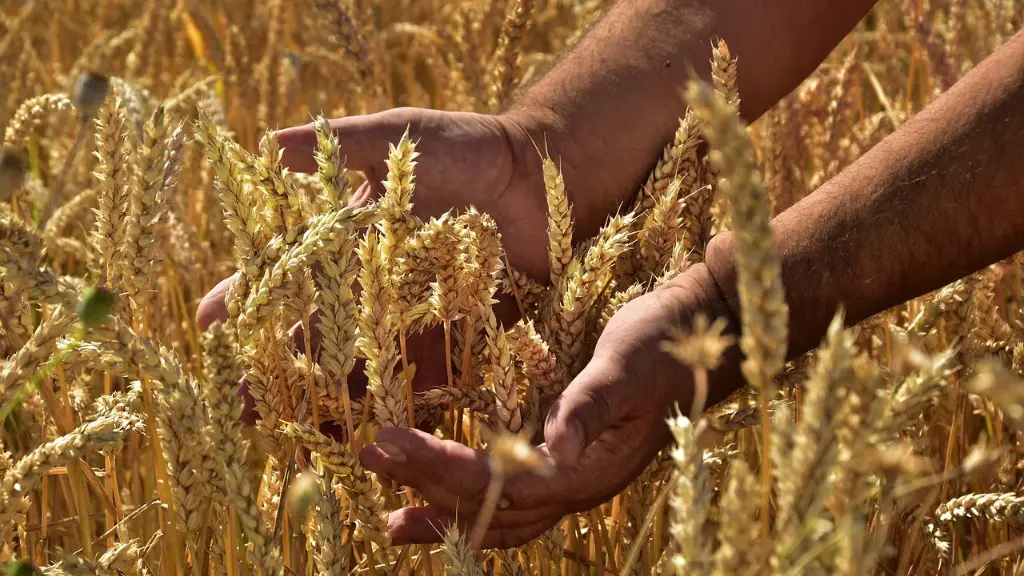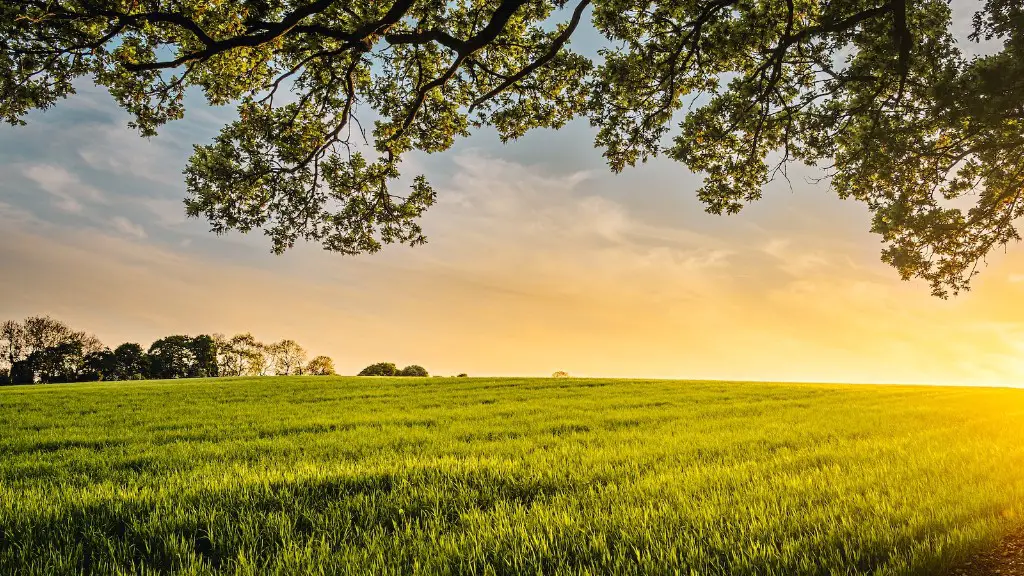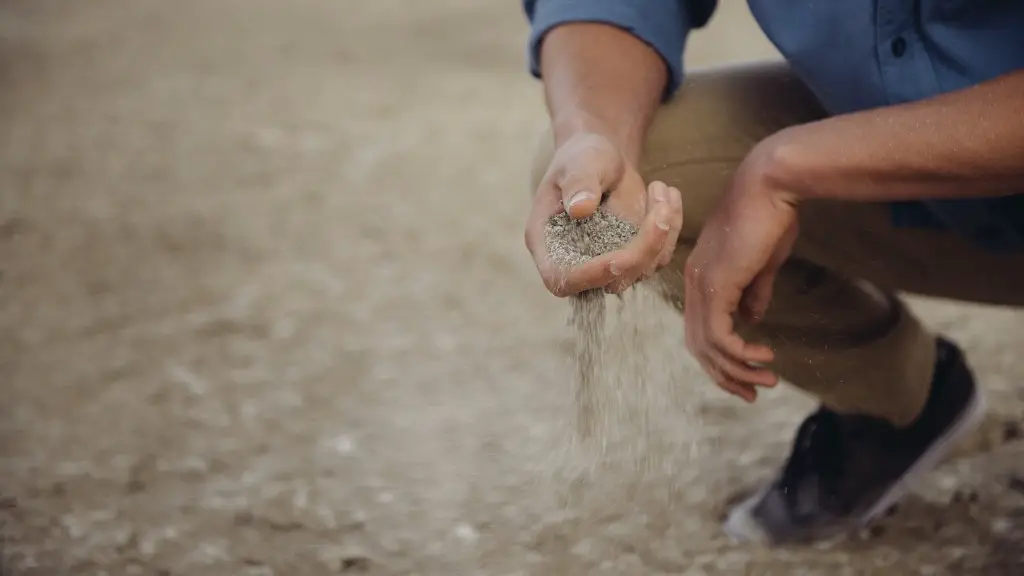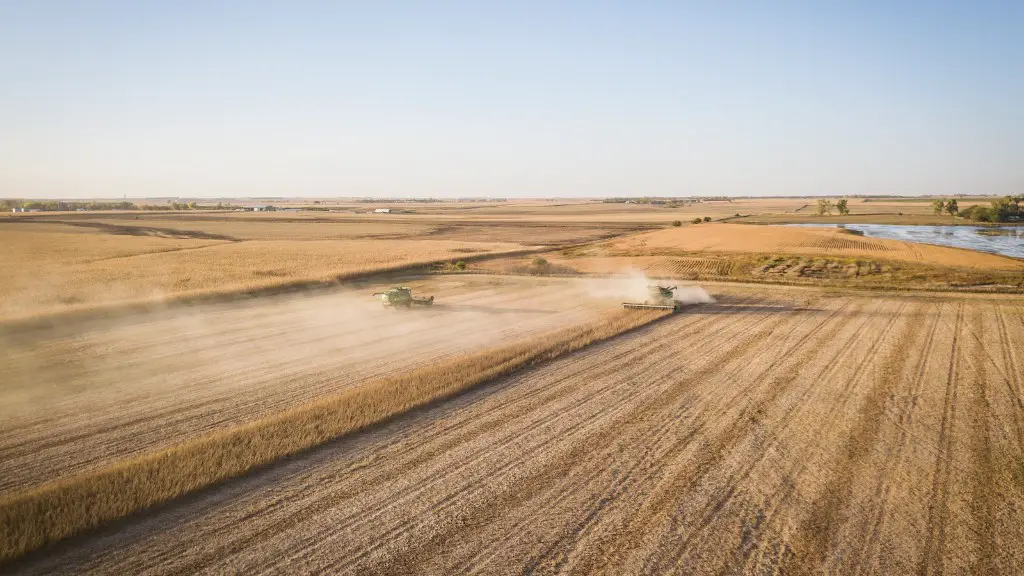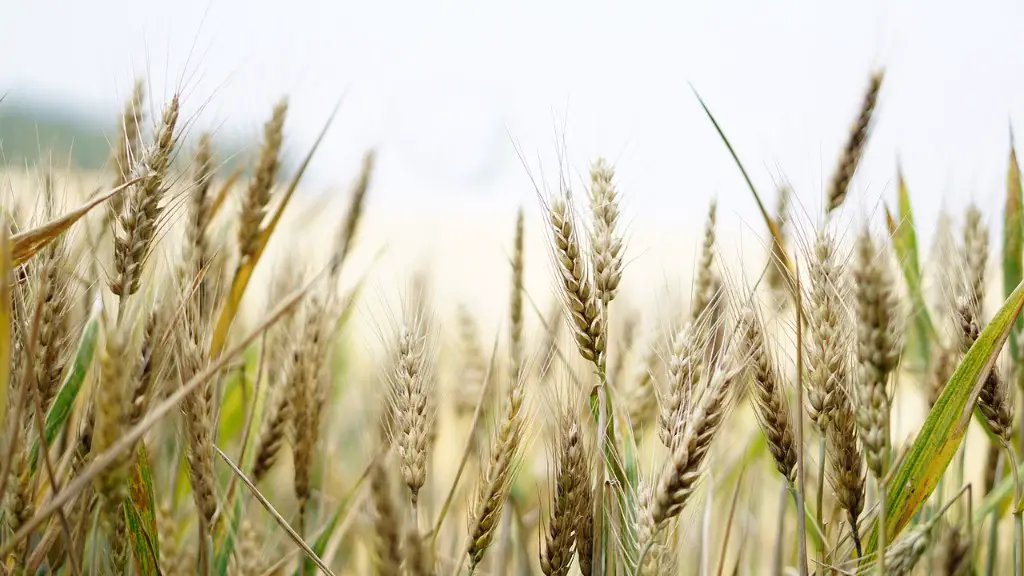The Roman god of agriculture is Vulcan. He is the god of fire, which is essential for farming. He is also the god of metalworking, which is important for making tools for farming.
The Roman god of agriculture is called Ceres.
Who is the god of agriculture?
Demeter was one of the most important gods in the Greek pantheon. She was responsible for the bounty of the earth, and her worship was celebrated in festivals throughout the year. The most famous of these was the Eleusinian Mysteries, which was held in honor of her daughter Persephone.
Saturn was a god in ancient Roman religion, and a character in Roman mythology. He was described as a god of time, generation, dissolution, abundance, wealth, agriculture, periodic renewal and liberation. Saturn’s mythological reign was depicted as a Golden Age of abundance and peace.
Who are the Roman gods of plants
Flora was a Roman goddess of the flowering of plants. Titus Tatius is said to have introduced her cult to Rome, and her temple stood near the Circus Maximus. The Floralia was a festival in honor of Flora that was instituted in 238 BC.
Demeter is one of the most important goddesses in Greek mythology and is considered the goddess of the harvest and agriculture. She was responsible for the fertility of the earth and presided over crops, grains, and food. Demeter was also a member of the Olympic pantheon and was worshipped by the Greeks.
Is Apollo the god of agriculture?
Apollo is one of the most important and complex of the Olympian deities in classical Greek and Roman religion and Greek and Roman mythology. The ideal of the kouros (a beardless, athletic youth), Apollo has been variously recognized as a god of music, truth and prophecy, healing, the sun and light, plague, poetry, and more. Apollo is the son of Zeus and Leto, and has a twin sister, the chaste huntress Artemis. Apollo is known in Greek-influenced Etruscan mythology as Apulu.
Dionysus was an important god in ancient Greek religion and mythology. He was the god of the grape harvest, winemaking, and fertility. He was also associated with madness, religious ecstasy, and theatre.
Is Kronos the god of agriculture?
Cronus was a Titan and the god of agriculture. His functions were connected with the harvest and he was celebrated in the festival of Kronia. In art, he was depicted as an old man holding an implement, which was originally a sickle but was interpreted as a curved sword.
Osiris was one of the most important gods in the Egyptian pantheon and was revered by all. He was the god of fertility and agriculture, and was also associated with the afterlife and the dead. He was often depicted as a green-skinned man with a pharaoh’s beard, wearing a crown of feathers and holding a crook and flail.
Is there a Roman god of food
Ceres is the Roman goddess of the growth of food plants, and is worshiped either alone or in association with the earth goddess Tellus. Her early cult was overlaid by that of Demeter, who was widely worshiped in Sicily and Magna Graecia.
Silvanus was originally the god of the wild and unexplored woods around Roman settlements. He was seen as a menacing figure, representing the dangers of the unknown. Over time, he became associated with the more positive aspects of nature, and came to be seen as the god of the countryside. He is often depicted as a countryman, in keeping with his rustic nature.
Who are the gods of crops?
The Greek gods of agriculture were Demeter, Dionysus, Gaia, Hades, Hecate, Horae, Persephone, and Plutus. They were responsible for the fertility of the land and the growth of crops. Demeter was the goddess of grain and agriculture, and her daughter Persephone was the goddess of springtime and new growth. Dionysus was the god of wine and fertility, and his wife Ariadne was the goddess of nature and the harvest. Hades was the god of the underworld, and his queen Persephone was the goddess of the dead. Hecate was the goddess of magic and sorcery, and her daughter Hecuba was the goddess of witchcraft. The Horae were the goddesses of the seasons, and their brother Horace was the god of time. Plutus was the god of wealth and abundance.
The Greek goddess of harvest is Demeter. In addition to harvest, she is also the Greek goddess of agriculture and the cycle of life and death. Demeter is credited for creating the seasons, which was a result of her daughter, Persephone, being stolen by Hades.
Who is the god of harvest
Demeter was the Greek Goddess of farming and agriculture. It was believed that she taught man the art of growing and harvesting. This is how humanity began to farm. Demeter was an important figure in Greek mythology and her story was very popular.
Demeter is the goddess of harvest, fertility, and the earth. She is also known as the mother of Persephone and Iacchus. Demeter is a kind and caring goddess who is always ready to help those in need.
Who is the male god of food?
Dionysus was a popular god in ancient Greece and Rome. He was associated with wine and ecstasy, and was often portrayed as a carefree god who enjoyed the finer things in life. Dionysus was also known as Bacchus in Rome, and was occasionally worshipped as Liber Pater, or the “free father.”
Saturn was the Roman god of sowing or seed. He was equated with the Greek agricultural deity Cronus. Saturn was believed to have reigned over the world during a Golden Age when all humans were peaceful and honest. After his reign, he was overthrown by Jupiter and banished to the underworld.
Conclusion
The Roman god of agriculture is Ceres.
The Roman god of agriculture is probably Ceres. She was the goddess of the harvest and had a special connection to wheat.
